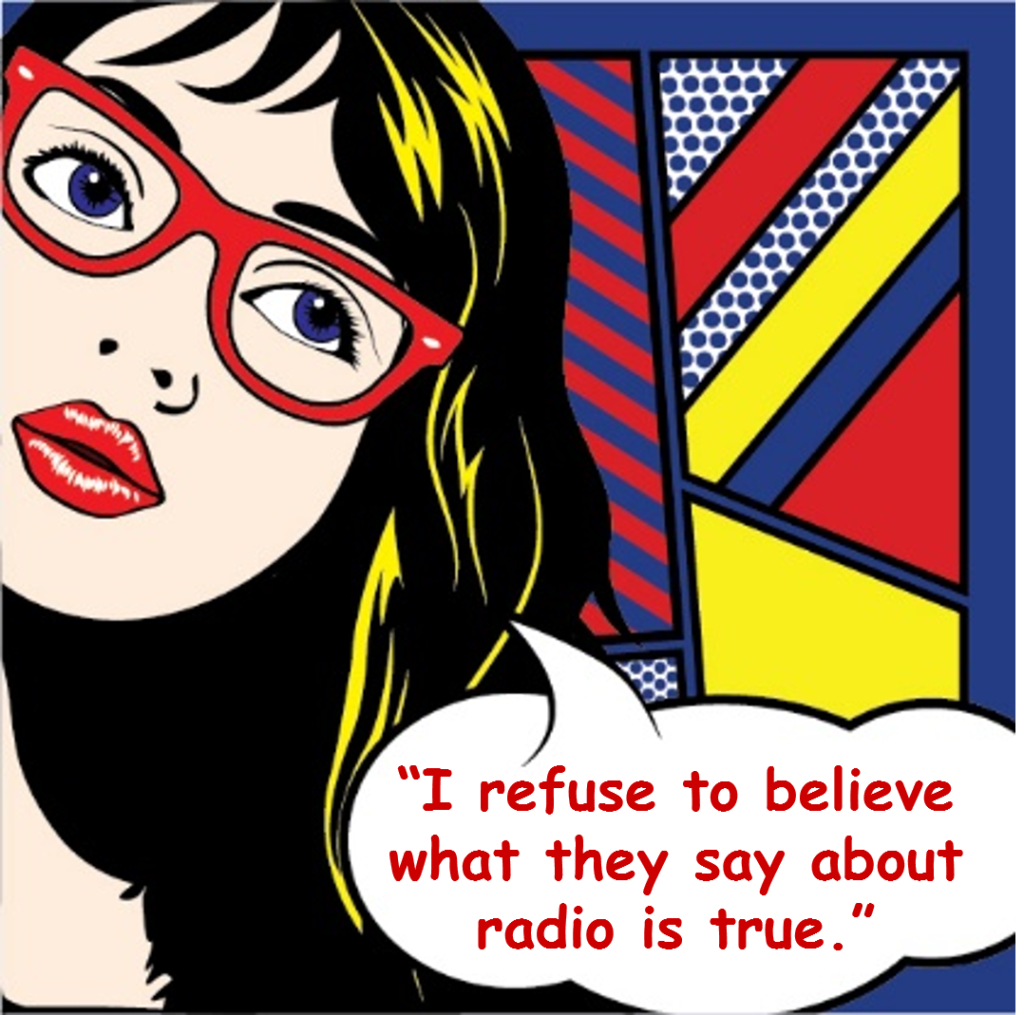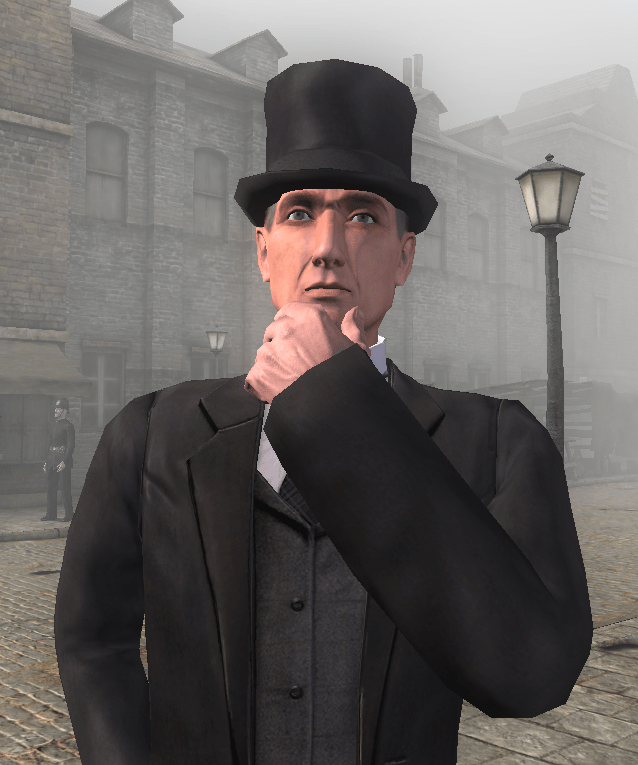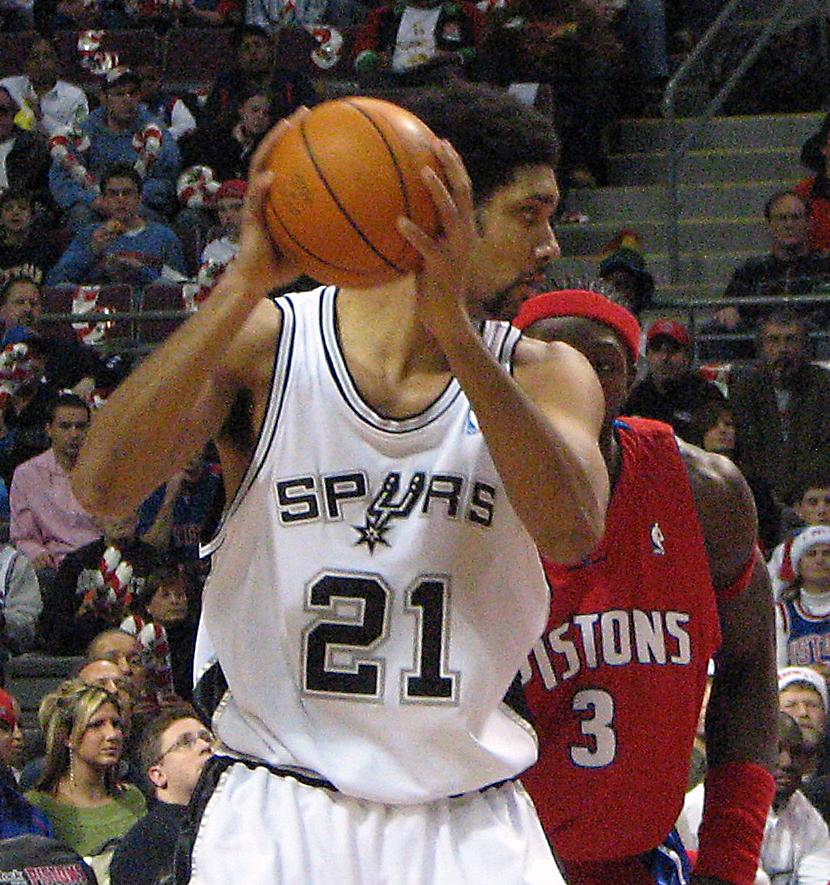
I’ve begun to not trust coincidence as an explanation for why things happen. When I encounter a term, an acronym, a pop culture moment, or a marketing buzzword in a variety of different settings and contexts, I take note. That’s because I’ve learned these things tend to not happen by accident. Their repetition are usually indicators that something is real.
I’ve learned a lot about this from conducting focus groups. Even though these research sessions are comprised of small numbers – usually around 10-12 people – there’s something significant about hearing and seeing similar words, phrases, and perceptions coming out in multiple groups – especially spontaneously, without prompting.
My philosophy emanates from the legendary sleuth, Sherlock Holmes. While most famous for crime-solving and sleuthing, Holmes was a master at  observation, followed by deductive reasoning. He could look at the world around him, take note of the smallest details, and then connect the dots to glean insights, trends, patterns, and ultimately,the truth.
observation, followed by deductive reasoning. He could look at the world around him, take note of the smallest details, and then connect the dots to glean insights, trends, patterns, and ultimately,the truth.
Here’s a key exchange between Holmes and his brother, Mycroft:
Mycroft: What do we say about coincidences?
Sherlock: The universe is rarely so lazy.
Coincidences? No such thing. When I start seeing and hearing phenomena again and again – often from unlikely, disconnected sources – my antennae go up.
Lately, the word I’m hearing again and again is resilience.
Exhibit A was a speech I heard from FCC Commissioner Ajit Pai make at the North American Broadcasters Association’s “Future of Radio and Audio Symposium” a couple years back. Like many of us do when making a point, he launched into a sports analogy to describe radio’s resilience:
“To me, radio is like the professional basketball powerhouse, the San Antonio Spurs. I’m not sure how closely you follow basketball, but for two decades, the Spurs have been the sport’s least flashy, yet most consistently successful team. They’re rarely seen as the dominant team in the league, but they are always in contention for a championship.”
The Spurs are the epitome of the quality of resilience. Somehow in the chaos of the NBA where players and coaches are moving around like a high stakes game of music chairs, the Spurs always find themselves in the thick of it.
It’s about resilience.
Exhibit B was the pre-CES interview Buzz Knight and I conducted with Gary Shapiro, head of the Consumer Technology Association. In a blog post, we asked Gary about what trends to look forward to at CES. Here’s his response:
“At CES 2019, the latest in transformative tech will be unveiled, from 5G connectivity, artificial intelligence, augmented and virtual reality, smart cities, digital health, resilience and beyond. These technologies will shape our future, spurring new industries and creating new jobs and opportunities on a global scale.”
Gary uses the R-word – resilience – a little differently in this context. He’s talking about technologies that can help communities (and even countries) get through natural disasters and other challenging events that threaten sustainability. And at CES earlier this month, Gary told us resilience would be a focus of the event.
In essence, it’s the same principal the Deloitte team talked about in our blog post yesterday. We highlighted their thorough analysis of the media landscape from their new report, “Technology, Media, And Telecommunications Predictions 2019.”
It’s 112 pages long, and filled with perspective and analysis, backed by research, hard data, and yes, deductive reasoning. The section titled “Radio: Revenue, Reach, and Resilience” is where I first started connecting the dots.

Written by Deloitte research analyst, Duncan Stewart, the article made the case that radio is under-represented and under-estimated. We talked about its reach and its powerful revenue advantage, especially here in the States.
But that third “R” – resilience – may be the most important of them all. In his conclusion, Stewart notes that “radio appears to be the most undervalued ad medium for brand-building.”
And on that count, he would get the undying support of every broadcast radio CEO in North America.
But what’s the story behind advertisers, the media, and consumers taking radio for granted? Radio’s problems are more complicated. While the industry has gotten no favors from the legion of critics, it hasn’t done a whole lot to make its case either.
In fact, Stewart suggests radio broadcasters have been their own worst enemy. He contends that lousy or non-existent marketing is a big part of what drives these beliefs:
“At least some of what will be required to help radio attract more advertising revenue is better dissemination of the reasons behind radio’s resilience. Most people in the media industry hold negative assumptions about radio’s effectiveness, largely due to entrenched myths that denigrate radio’s reach and daily listening minutes, its popularity with young audiences, and its demographics with regard to income and education. the industry itself is partially to blame for these misunderstanding, and an aggressive campaign of myth busting – always backed up by hard evidence – will likely need to be a key strategy for broadcasters and their industry associations worldwide.”
Interestingly, radio’s lack of aggressively marketing itself was a theme at last year’s Forecast conference in New York City. When advertising maven Colin Kinsella told Caroline Beasley that radio would be better-served by taking its message to buyers, questions from the audience focused on the value of a full-blown marketing campaign to overcome negative perceptions about the industry.
Proactivity plays a key role in making good on the resilience promise. That’s certainly the case for the radio industry as a whole, and when you zoom into radio pros like many of you reading this post, faced with career challenges that require…resilience.
Last week, our post – “Are You Chasing A Radio Mirage” – struck a responsive chord with many of you. It addressed the changing world of radio, and the reality that the “good old days” are in the rear-view mirror. Radio is a very different industry today, as many people have learned the hard way.
More former radio people than perhaps we even realize have headed for the exits – either pursuing a new and different career choice, giving up entirely, or simply retiring. But many others are still working hard on honing their skill sets, improving their networking, and sharpening their packaging to find a way back in.
 I’ve gotten to know Corey Dylan during the past few years. Her on-air radio career started in Bakersfield and Seattle, before settling in Tampa, working for Cox and finally iHeart Radio. It all ended in July of 2016.
I’ve gotten to know Corey Dylan during the past few years. Her on-air radio career started in Bakersfield and Seattle, before settling in Tampa, working for Cox and finally iHeart Radio. It all ended in July of 2016.
Along the way, Corey reasoned that her skills needed work in a changing radio industry, and hired a voice acting coach in L.A.. – a decision that’s served her well. Since leaving radio, she’s worked lots of freelance VO gigs, including for the NHL’s Arizona Coyotes, several hospitals, and even the Mob Museum in Las Vegas.
Other “odd jobs” have included regular appearances on TMZ Live, as well as the syndicated Daytime TV Show, in addition to hawking tech products on the Home Shopping Network.
Last winter, she was the audio tech playing music during batting practice, as well as running audio during Boston Red Sox spring training games where they never tire of hearing “Sweet Caroline.”
Since that time, she’s pursued scores of radio jobs, only to reject opportunities that didn’t feel right or get rejected herself.
Along the way, Corey has sharpened her skills, especially because of her tendency to “saying yes to wild opportunities that come your way.” Like many in radio, she’s adept at jocking music or hosting talk radio. She’s great on TV, she’s built a solid presence on social media, she can sell stuff, and even knows how to rev up fans at live events.
Throughout this long period of uncertainty and unemployment instability, she’s always shown a strong sense of resilience – in fact, a lot it, in order to keep fighting the good fight in search of “the perfect gig.”
I heard from her over the weekend. After two years and seven months without full-time employment (but who’s counting), she has finally found her “dream job.” For the moment, she’s tight-lipped about what and where it is. But she’s assured me her long wait, perseverance, and resilience has finally paid off.
She also attached an article from the Wall Street Journal from 2017 – during the depths of her unemployment – sent to her by her niece. Titled “The Secrets of Resilience” by Meg Jay (it may be behind a pay wall), it’s a crash course in managing your career and your brain when the negativity piles up. It’s also inspirational because it breaks down why some people are more resilient than others.
Jay tracks a number of well-known celebrities who have overcome all sorts of hardships, from bullying to various forms of abuse. As she notes, “resilient people are everywhere” from “every walk of life.”
She talks about studies that point to why some people have the ability to bounce back from adversity and right themselves. Researchers have learned that some people are determined scrappers with a strong will to survive and thrive.
My favorite quote from her story comes from a military officer who was bullied as a child. When asked how he made it through these circumstances, he explained:
“I refused to accept what they said about me was true.”
That philosophy served Corey Dylan well during her long, sometimes painful time on the beach. And it’s exactly the kind of resilience the greater broadcast radio business needs in order to once again prove it can overcome diversity, technology, and negative perceptions that continue to grow with each passing year.
That means taking ownership of problems and challenging situations, and staying focused on solutions, as painful as they may be. It means taking ![]() matters into your own hand – addressing problems, developing new skills and benefit, embarking on self-marketing, and staying positive even during the darkest times.
matters into your own hand – addressing problems, developing new skills and benefit, embarking on self-marketing, and staying positive even during the darkest times.
Over my time in radio, I’ve met many, many people, from the air studio to the sales cubicles to the corner office that have that resilience gene. They are optimistic, but realistic even in the face of the inevitable bad news that affect us all.
Over the decades, many have proven that the “R” in radio stands for resilience – the ability to bounce back, overcome, sustain, and survive. This would be a great time for the industry to double-down on it.
I don’t know Corey Dylan’s destination, whether she’ll be working behind a mic, in front of a camera, or plying her skills in something else entirely. Whatever the case, she’s shown the kind of resilience radio as an industry needs in order to play through the tough times, and emerge successful and whole.
I wish her well, and I hope she ends up in radio.
- A 2020 Lesson?It Could All Be Gone In A Flash - April 24, 2025
- How AI Can Give Radio Personalities More…PERSONALITY - April 23, 2025
- Can Radio Afford To Miss The Short Videos Boat? - April 22, 2025




Resilience: Music and The Spoken Word!
Love this! I can see two areas of life where Corey’s story could provide hope and inspiration: Radio…and everything else!
Great read, thanks, Fred, and best to Corey and all of us in our future endeavors!
Thanks, Dave. Corey has a great story and it is, in fact, inspiring. Much appreciated.
Superb read.
Many thanks, Andy.
Another great one- required reading here as we approach our 28th anniversary
I think resilience describes you guys very well. Congrats on controlling your own destiny before it became fasionable.
Above all else, thank you for always inspiring everyone who loves radio and wants to make sure that it stays relevant and compelling! #HOF
Thanks for giving me something to write about! There are some great stories in and around our business, and yours is one of them. Thanks for putting yourself out there, Corey, and let us know what’s next when you can.
YES !!! Go get em Corey !!!
Tim Slats
WNCX-Cleveland
🙂
I don’t see this as an uplifting story – I see it as a really terrifying one. If someone with Corey’s talent, track record and yes, resilience is out for over 2 1/2 years, its more of a commentary on what a lousy career radio has become.
If someone that good can’t find a job for that long, just how good do you have to be to have steady employment in radio? Mama’s, don’t let your babies grow up to be DJs.
Bob, I see your point. Corey has high standards. That said, opportunities are nowhere near as plentiful as they were when you pulling on the levers of power. I respect everyone working in radio in 2019 – it’s a more challenging industry than ever before. That said, they say the same thiings about automotive, consumer products, oil and gas, and health care. Thanks for the comment.
Resilience: the capacity to recover quickly from difficulties; toughness. In order to be successful in radio and in this world we live in today you need it. Match up innovation with resilience and you become unstoppable. Be passionate about trying different things all the time. Constantly fight with and for those around you and never be scared to do so. Build a culture that is riddled with innovation and different thinking. Doing different things will expand your bandwidth and possibly make you a better radio professional if and when you ever decide to return. Great read Fred. As always…Thank you.
Thanks, Peter. More and more, we’re going to hear the R-word, as it relates to radio broadcast companies, radio employees, as well as people like Corey Dylan, contemplating and calculating their next act.